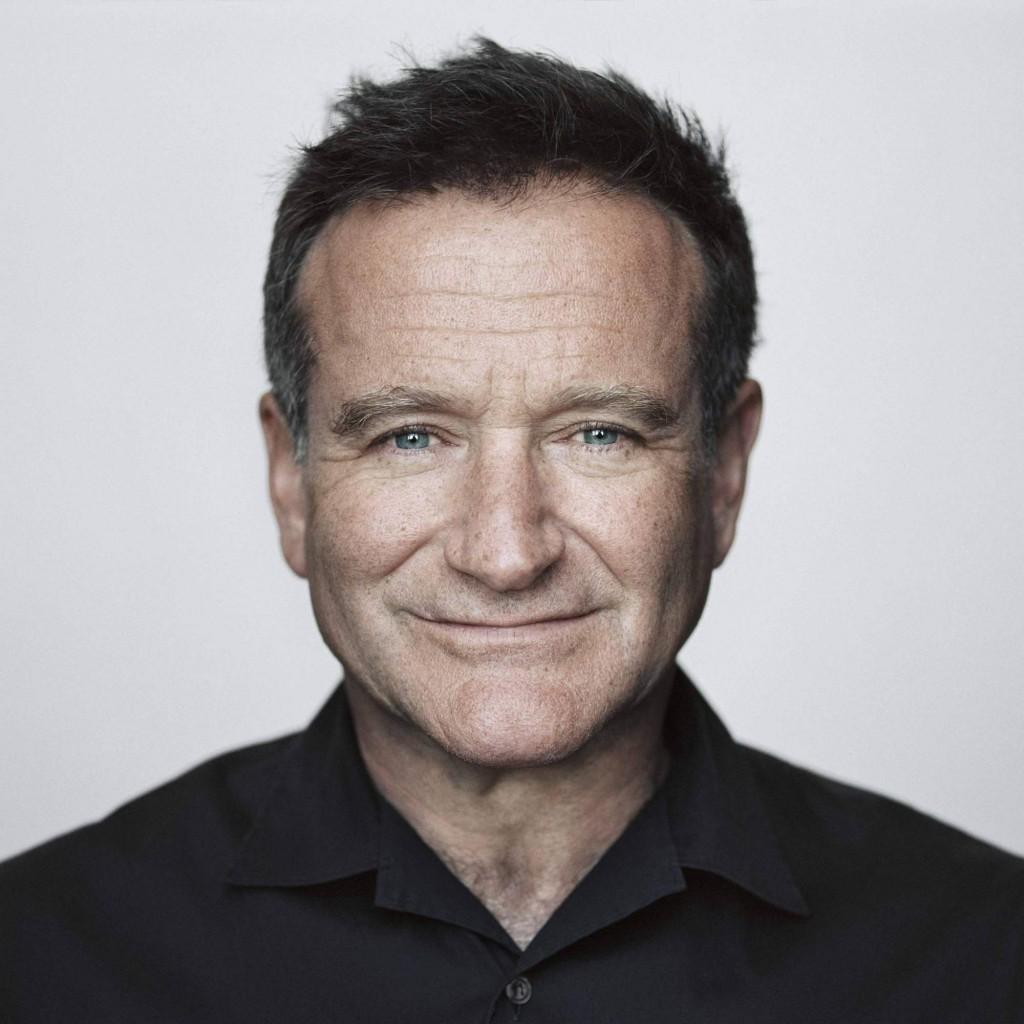#RIP
On August 11th I was sitting among my friends in one of our backyards, passing around a bag of marshmallows to eat because we couldn’t find all of the supplies necessary for s’mores. At the time it seemed like any other summer evening, that’s when we heard the news; Robin Williams was dead. Immediately everyone went ballistic. There was screaming. There was the open mouthed, slack-jawed look of horror. And then there was me: Which one was Robin Williams again? He was the actor right? Was he? Maybe?
Not even five minutes after I had heard the news, the Twitter notifications started…and then the Instagram notifications…and then the Facebook ones. Apparently everyone who I had ever met in my life was absolutely devastated by the death of this man who I couldn’t even identify until I had seen a list of every one of his films. How could every other person in the world care so much about a man who I had barely ever heard of? The answer is simple – they couldn’t.
In recent years, celebrity deaths have been blown extremely out of proportion, greatly as a result of the growing influence of social media on the general public. Some experts believe this trend ties into our innate fascination with death, but I beg to differ. I believe this social media oriented outpouring of “care” stems from our innate desire to fit in, to never be left out of the newest thing, even if it is at the expense of a life. When everyone else is tweeting their condolences regarding the most recent passing of a superstar, it’s easy to get caught up in the hype and type out your own 140 character response to such a tragedy. And that isn’t necessarily a bad thing. The problem arises when people begin posting things about how they’ve been “crying for hours” and how this person had such an enormous impact on their life. Now, if you really are crying for hours and this person really did have an enormous impact on your life, that’s fine to acknowledge, but when 75% of the people I follow on Twitter post something along the lines of that, it’s likely that a decent percentage of them are exaggerating. Not only is such an exaggeration unnecessary, it’s disrespectful.
Think of it this way: If one of your parents-let’s say your dad for example-died, your whole world would be rattled. You would be a mess. Now imagine that following the death of your dad, 1,000,000 of your closest friends decide to tweet about how sad they are that your father died and how much he meant to them. You would be agitated, wouldn’t you? You would probably feel that these people do not have the right to grieve or appear to grieve for your loss. Sure they probably met your dad a few times when they were hanging out at your house, but they did not really know him. They didn’t know what his favorite breakfast cereal was or that he loved to go bowling. These celebrities that pass away? They aren’t that different from us. This person who died has a family, they have friends, they have people that they actually knew and whose lives are being turned completely upside down by the death of their loved one.
By making exaggerated comments on social media romanticizing the effect which a celebrity had on your life you’re turning the attention to yourself. If you truly care about the loss of someone’s life, you should respectfully acknowledge it, however, if you just want to be one of 100 other tweets on my feed pretending to care about someone just so everyone else thinks you are somehow a better person, you need to log off.


